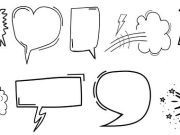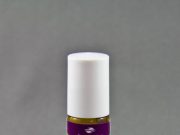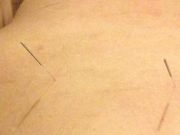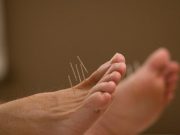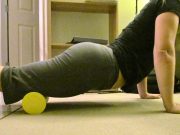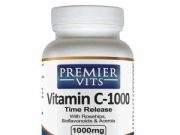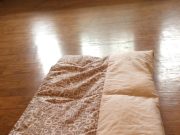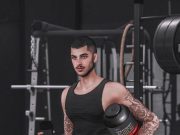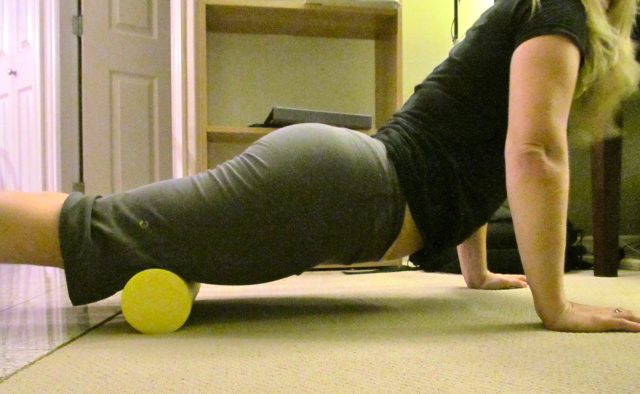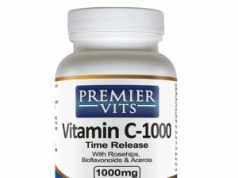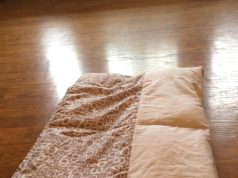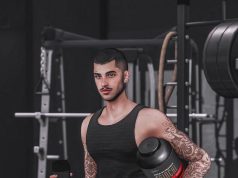Muscle recovery is an essential component of any fitness routine, yet it often remains overlooked until soreness sets in. Whether you’re a seasoned athlete or just starting your fitness journey, understanding the role of recovery tools, such as foam rollers, can significantly enhance your performance and overall well-being. In this article, we delve into the world of foam rollers, providing you with insights into their benefits and guiding you towards the best options available for your unique needs. Our aim is to empower you with knowledge, so you can make informed choices that support your body’s healing process. Let’s explore how the right foam roller can become an indispensable ally in your recovery regimen, helping you alleviate tension, improve flexibility, and prevent injuries.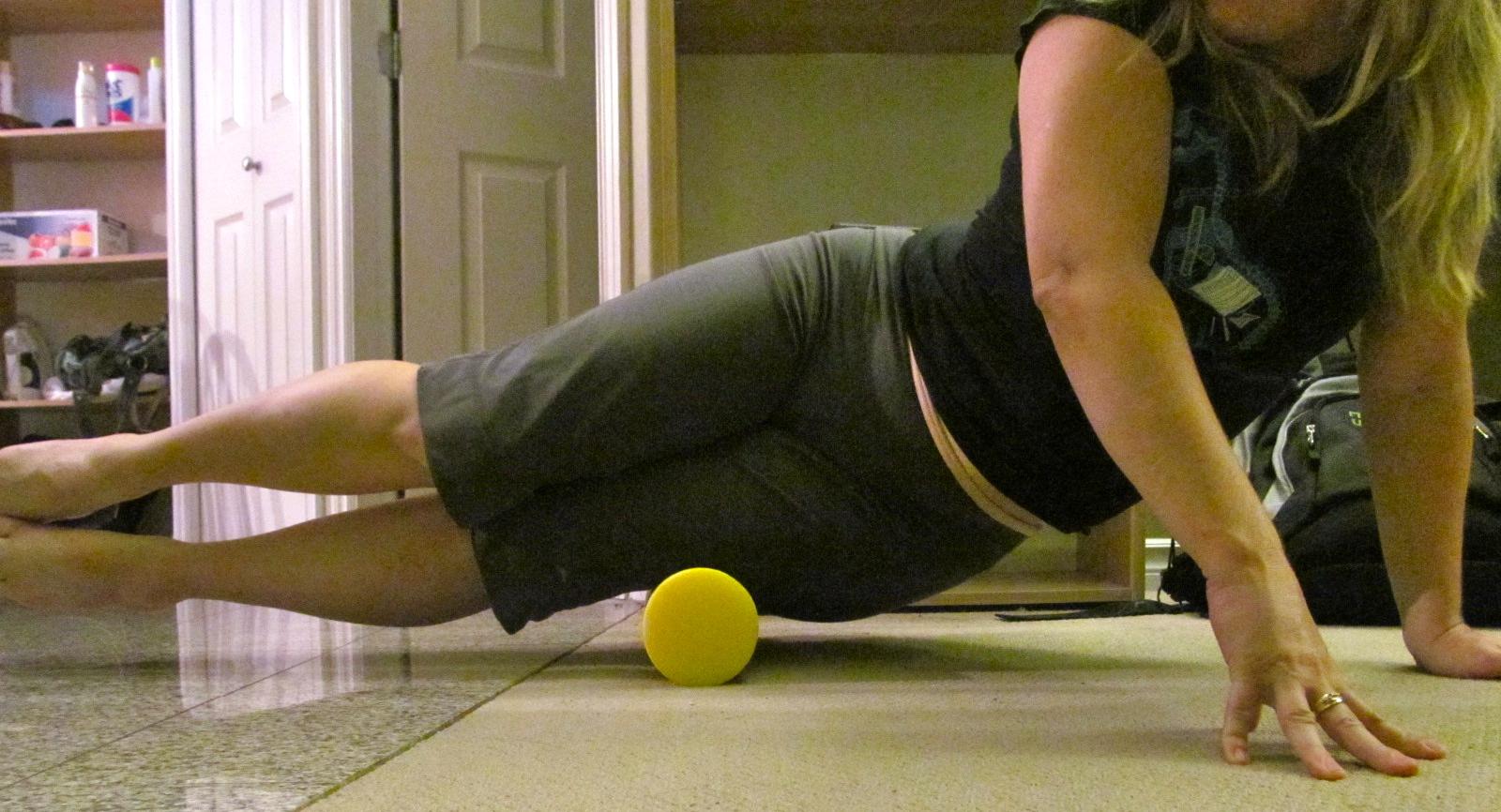
Understanding Your Needs: Choosing the Right Foam Roller
Finding the perfect foam roller can make a significant difference in your muscle recovery routine. Identifying your specific needs is the first step in choosing the right one. Consider the areas you need to target and the intensity of pressure you’re comfortable with. A softer foam roller may be more suitable for beginners or those with sensitive muscles, while a firmer one is ideal for deep tissue massage.
Here are some types of foam rollers you might consider:
- Standard Foam Rollers: Great for general use, offering moderate pressure for a comfortable massage experience.
- Textured Foam Rollers: Designed with ridges or knobs to provide a deeper massage, perfect for targeting knots and tension.
- Vibrating Foam Rollers: Incorporate vibration technology to enhance muscle relaxation and improve circulation.
Below is a quick comparison of popular foam roller types:
| Type | Pressure Level | Best For |
|---|---|---|
| Standard | Medium | General Use |
| Textured | High | Deep Tissue Massage |
| Vibrating | Adjustable | Enhanced Relaxation |
By understanding your individual requirements and preferences, you can select a foam roller that not only aids in muscle recovery but also enhances your overall well-being. Whether you need a gentle massage or an intense workout recovery session, there’s a foam roller out there that perfectly matches your needs.

Top Features to Look for in a Foam Roller for Optimal Recovery
When it comes to choosing the perfect foam roller for your muscle recovery routine, selecting one with the right features is crucial for maximizing benefits. Here are some key elements to consider:
- Density: Foam rollers come in varying densities, each serving different needs. A softer roller is gentle and suitable for beginners or those with sensitive muscles, while a firmer roller offers deeper pressure, ideal for experienced users.
- Texture: Consider whether you need a smooth or textured surface. A smooth roller provides even pressure, whereas a textured roller with ridges or grids can target specific knots and provide a more intense massage.
- Size and Shape: Rollers are available in different lengths and diameters. Longer rollers are versatile for full-body use, while shorter ones are portable and great for focused areas. Also, consider a half-round roller if you need extra stability or want to target balance exercises.
Below is a simple comparison of popular foam roller features to guide your selection:
| Feature | Soft Roller | Firm Roller |
|---|---|---|
| Pressure Level | Gentle | Intense |
| Target User | Beginners | Experienced |
| Surface | Smooth | Textured |
Investing in a foam roller with the right features can significantly enhance your recovery process, ensuring you bounce back stronger and more resilient after every workout.
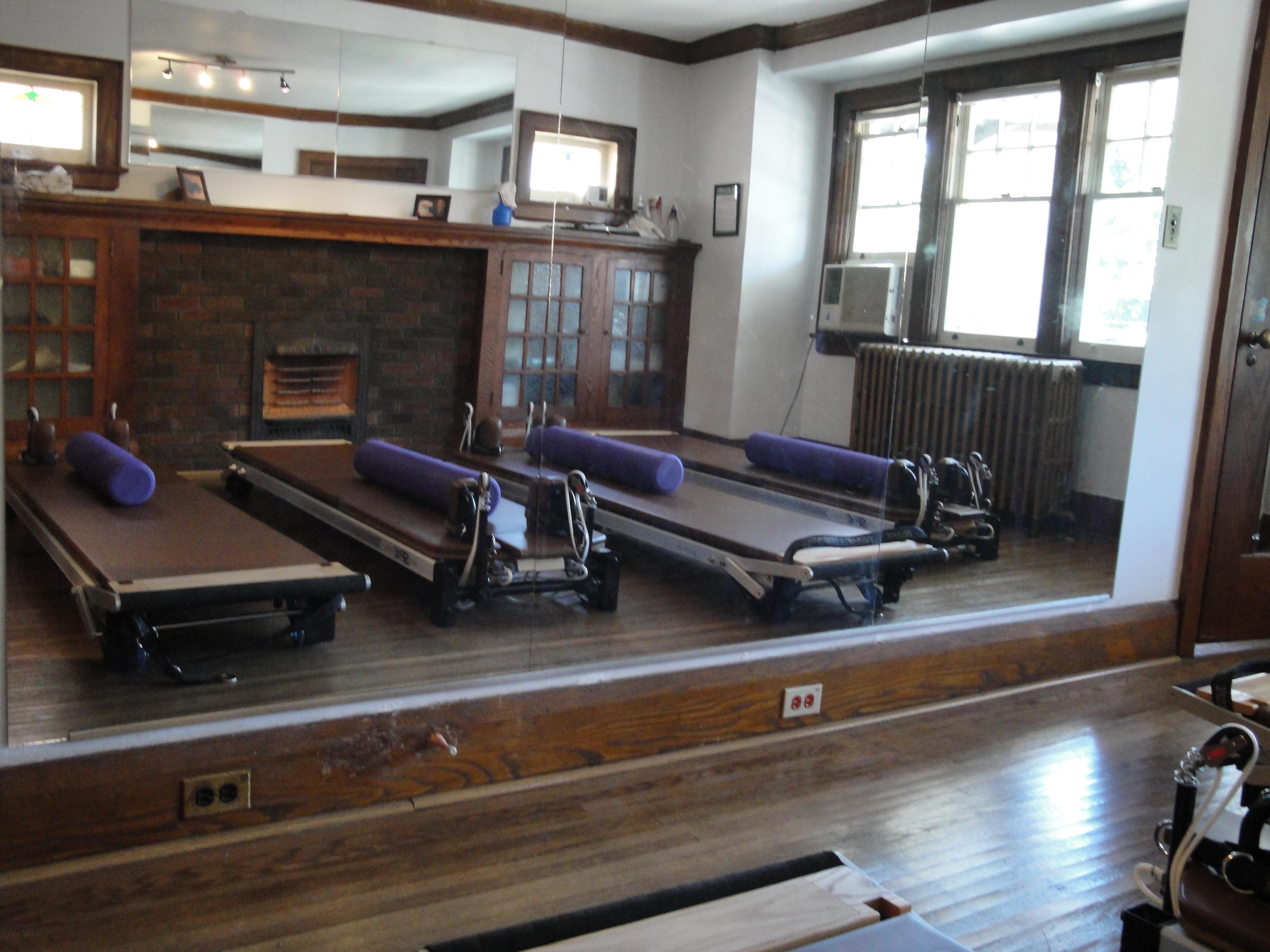
Expert Recommendations: Our Favorite Foam Rollers for Every Athlete
Finding the right foam roller can make all the difference in your muscle recovery routine. Whether you’re a seasoned athlete or just starting your fitness journey, choosing a foam roller that suits your needs is crucial. Here’s a curated list of our top picks that cater to every type of athlete.
- For Beginners: The Gaiam Restore Compact Foam Roller is perfect for those new to foam rolling. Its gentle density and compact size make it ideal for easing into the practice.
- For Intense Relief: The TriggerPoint GRID Foam Roller offers a multi-density surface that targets knots and tight muscles with precision, providing deep tissue relief for experienced users.
- For On-the-Go Recovery: The TheraBand Roller Massager+ is a portable solution that fits easily into your gym bag, ensuring you have muscle relief at your fingertips wherever you go.
| Foam Roller | Best For | Key Feature |
|---|---|---|
| Gaiam Restore | Beginners | Compact & Gentle |
| TriggerPoint GRID | Deep Tissue Relief | Multi-Density Surface |
| TheraBand Roller Massager+ | Portability | Easy to Carry |
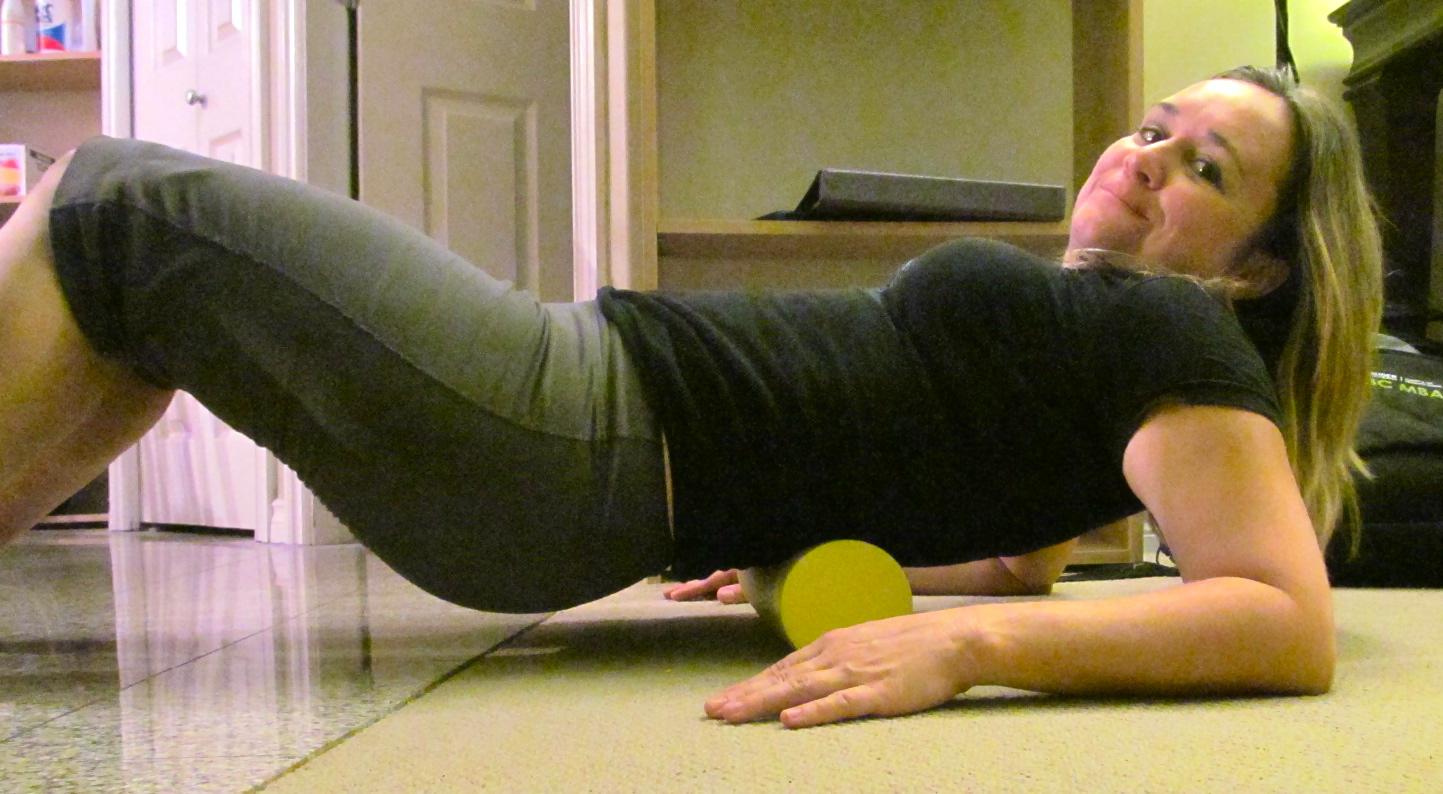
Maximize Your Recovery: Tips for Using Foam Rollers Effectively
Foam rollers are an essential tool for enhancing muscle recovery and alleviating soreness. To get the most out of your foam rolling sessions, it’s crucial to use them correctly and consistently. Here are some effective strategies to integrate into your routine:
- Target Specific Muscle Groups: Focus on areas that are prone to tightness, such as your calves, quads, hamstrings, and back. Spend at least 1-2 minutes on each muscle group, applying gentle pressure and gradually increasing as your muscles begin to relax.
- Incorporate Breathing Techniques: Deep, controlled breathing can enhance relaxation and increase the effectiveness of your foam rolling session. Breathe deeply into your diaphragm as you roll, helping to release tension and promote circulation.
- Use Consistent Pressure: Roll slowly over the muscle, maintaining steady pressure. Avoid rolling too quickly, as this can cause your muscles to tense up, negating the benefits of the session.
For a more tailored approach, consider the following table, which outlines suggested foam rolling techniques based on specific muscle groups:
| Muscle Group | Technique |
|---|---|
| Calves | Roll from the ankle to just below the knee, pausing on tight spots. |
| Quads | Roll from the hip to the knee, ensuring even pressure across the muscle. |
| Back | Roll along the spine, avoiding direct pressure on the vertebrae. |
Remember, consistency is key. Incorporate foam rolling into your routine at least three times a week to maximize its benefits. Listen to your body, and adjust the intensity to match your comfort level. With time and practice, foam rolling can become a vital component of your recovery regimen.








